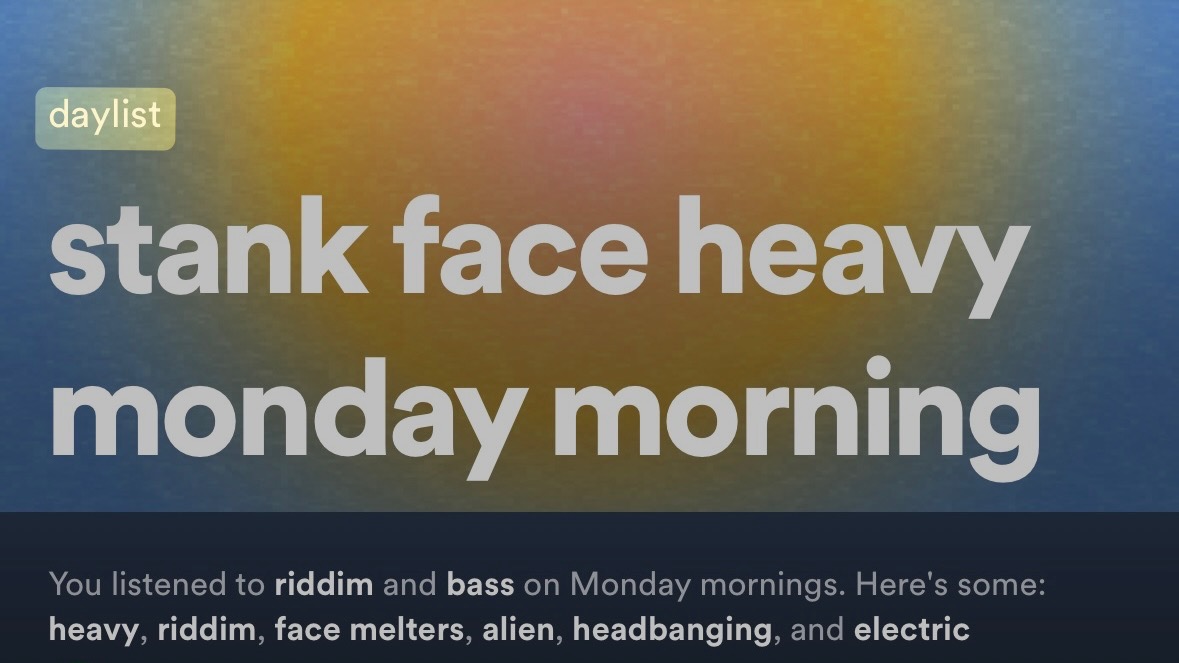“Jericho Dream” is a haunting reflection of the fractured world which we all so begrudgingly inhabit. Rife with biblical allusions and apocalyptic images, the album feels particularly appropriate for the climate of anxiety and confusion into which it was released.
But 21-year-old Quinn Bankston says that relevance was largely accidental. Bankston, who released the album on Jan. 22 under the name Quinn Pilgrim, said he wrote the songs over a span stretching from his early high school days to the present. In fact, he penned the bulk of the album long before the coronavirus pandemic reduced our world to the odd facsimile of actual life with which we have become so unhappily familiar.
But it is just that incidental relevance that gives this album its particular flavor of poignance. Throughout the track list— be it the reassuring warmth of “Hold Fast” or the gritty, foreboding “Jeremiah”—the listener is struck by a certain provocation that requires a few listens to really begin to take shape. Perhaps the best way to describe it is as equal parts lament and celebration, as a reflection of both the terror of a broken world and the beauty of new possibilities.
It is undeniable that the album paints a picture of desolation: “Can’t you see the gun smoke and the hollowed bullet-torn walls?” Bankston sings, “do you hear the forsaken ones, and the dying preacher’s calls?” But despite this haunting tone, the listener is assured by a kind of gruff resilience in songs like “Don’t Bother With a Grave,” which tells the story of a wayward rambler bound for the San Francisco Bay, undaunted by the perils of the journey ahead.
And as if the depth of “Jericho Dream” were not yet sufficient, Bankston deftly weaves into the album several references to forgotten histories. The song “Coffin Ships” follows the story of early Irish immigrants on their voyage to America, an ode to Bankston’s own Irish heritage. He said he has long been fascinated by that history, both due to its personal relevance and the fact that it has been all but deleted from the traditional cannon of American history.
Evoking another similarly-forgotten history, “Apacheria” is a pensive exploration of the tragic narrative of the Apache Nation. “Where the bow meets the rifle, and the arrow meets the bullet,” Bankston sings, “and the people of the old world fall victim to a gun.” The ghastly beauty of this song seems the perfect tone for the horrors to which it is dedicated.
I’ll resist the urge to delve further into a song-by-song analysis of “Jericho Dream,” but it’s safe to say none are without their fair share of poetic and musical value. And, after all, most of the fun of listening to an album of this sort is navigating the complex streams of thought into which it invariably casts the listener, so I’ll leave that to you.
Finishing this album leaves one with a similar sense of enlightenment as one would feel upon finishing an epic poem. The lyrics challenge the intellect, while their delivery in Bankston’s dry, crisp timbre provoke the soul. It is not only worth a listen, but worth a concentrated listen, as only then can one really begin to experience its beauty.
Album Spotlight: Quinn Pilgrim’s “Jericho Dream”
January 31, 2021







